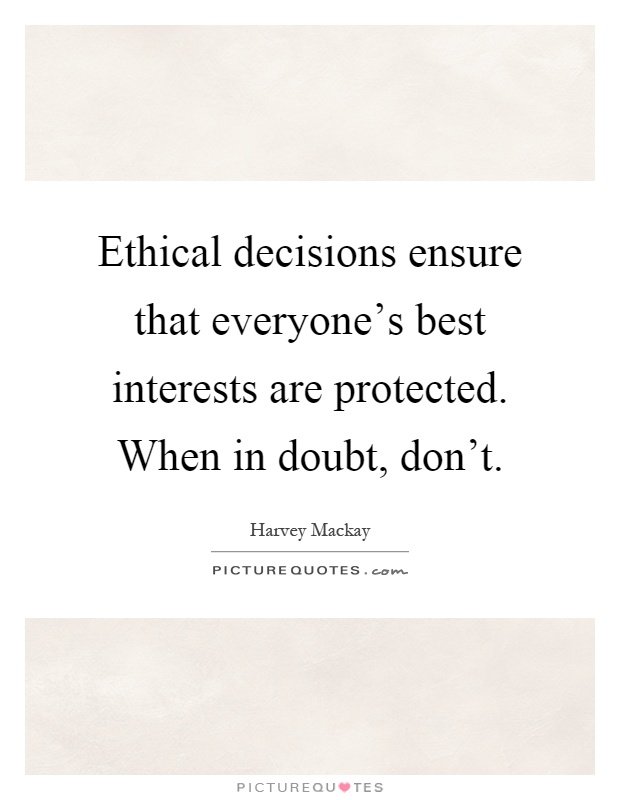Ethical dispositions are dispositions to desire things and to react on actions of people

Image Source
Regardless of whether the dispositions are not coordinated toward one's self, it is as yet it's wellbeing that the agent in Socratic reflection will consider. The distinction between within point of view, the view from one's dispositions, and the outside view of those dispositions indicates how in the most evident sense it isn't genuine that all moral value rests in the dispositions of the self, but, in another way, it is valid.
It isn't valid from the point of view constituted by the moral dispositions that the main things of value are individuals' dispositions, still less that exclusive the agent's dispositions have value. Other individuals' welfare, the prerequisites of equity, and different things, have value.
In the event that we take up the other viewpoint and take a gander at individuals' dispositions all things considered, we may make the inquiry "what needs to exist on the planet for that moral point of view to exist?" The appropriate response must be, individuals' dispositions. There is a sense in which they are a definitive backings of moral value. That has a pragmatic and in addition a metaphysical centrality.

Image Source
The conservation of moral value lies in the multiplication of moral dispositions. The outside point of view of his dispositions is accessible to the agent himself. Be that as it may, in the event that he tries in his appearance to extract himself absolutely from those dispositions, and to consider himself and the world as if he didn't have them, at that point he ought not be astonished in the event that he can't get a satisfactory photo of the value of anything, including his own particular dispositions.
For Aristotle, the righteous agent would locate no such clash. He could come to comprehend that the dispositions that gave him his moral view of the world were a right or full advancement of human probability. This was so completely, in the sense in any event that the most ideal hypothesis of humanity and its place on the planet would yield this outcome.
This flawlessness could be shown agreeably, so the advancement of these moral limits would fit with different types of human greatness. Aristotle's hypothesis implies that when the agent reflects, even all things considered, on every one of his needs and limits, he will discover no contention with his moral dispositions.

Image Source
Here we meet again the numerous cutting edge questions that debilitate this account. Our present understanding gives us no motivation to expect that moral dispositions can be completely orchestrated with other social and individual goals that have as great a claim to represent human advancement.
Regardless of whether we leave the entryway open to a psychology that may go some path in the Aristotelian course, it is difficult to trust that an account of human nature will sufficiently decide one sort of moral life as against the others. Aristotle saw a specific sort of moral, social, and to be sure political life as an amicable perfection of human possibilities, recoverable from a flat out comprehension of nature.
We have no motivation to have confidence in that. When we lose the conviction, be that as it may, a potential hole opens between the agent's point of view and the outside view. We comprehend that the agent's point of view is just a single of numerous that are similarly perfect with human nature, all open to different clashes inside themselves and with other social points.

Image Source

References:
https://philarchive.org/archive/ANJDAEv1
http://www.academia.edu/8866166/Ethical_Dispositions_A_Discourse_for_Rhetoric_and_Composition
http://dc.cod.edu/cgi/viewcontent.cgi?article=1044&context=philosophypub
this is great man.
people learn to prosper in societies well by observing special ethics and following the right ways to do things.. i enjoyed this @juvjabian
If they only focus on doing something good and ethical, there would be no problem in the community.
yeah i agree with you on that man
Moral decisions are especially important when they're in the minority. Sometimes you can believe you are doing what's right because, it's popular in your immediate surroundings. For the most part, politcians in Aristotle's time and area tried to be noble. A far cry from our time and area, particularly in the US
Because instead of doing things for the community, they are doing it for personal gain.
Absolutely, in private life I think many people do things they believe are necessary. When making the right decisions has more influence on family, friends, and co-workers than they think.
Just to say....Happy new year all!!
Likewise. Give my regards to @ivantorres
I will. Tulog na!!